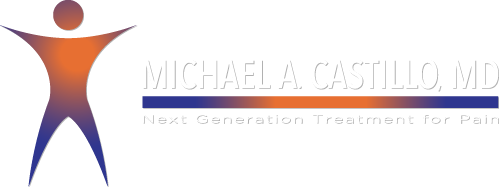Peripheral Nerve Stimulation Reduces Chronic Headaches
Peripheral nerve stimulation (PNS) is an effective long-term treatment for managing chronic intractable headaches, suggests research published in Pain Physician. In this retrospective study, peripheral nerve stimulation reduced mean headache severity on the 11-point Numeric Rating Schedule (NRS) by nearly 50% within one-month post implantation. After 12 months, headache severity scores decreased by at least 50% in 87% (40 of 46) of the patients, with pain decreasing even more substantially the longer the device was in place. Pain intensity scores on the NRS had decreased by 68% as many as 98 months post-implantation. These findings were consistent with previous studies; however,…

